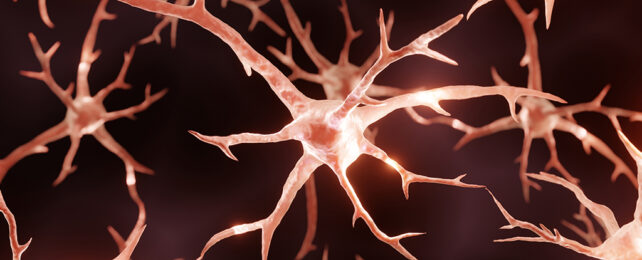We know that a host of factors play into Alzheimer's risk, including the makeup of our gut bacteria. So, it makes sense that our diets might have some influence.
A new study found a chemical elevated by 'ketogenic' diets – which are low in carbs and higher in proteins and fats – can delay the early stages of Alzheimer's-related memory loss in mice. That memory loss is comparable to the mild cognitive impairment seen in people before Alzheimer's takes hold.
Key to the new discovery by a team led by the University of California, Davis (UCD), is the molecule beta-hydroxybutyrate (BHB), which the ketogenic diet increases levels of. Here, the researchers found BHB was particularly abundant in biological pathways associated with memory and brain plasticity.
"The data supports the idea that the ketogenic diet in general, and BHB specifically, delays mild cognitive impairment and it may delay full blown Alzheimer's disease," says biochemist Gino Cortopassi, from UCD.
The ketogenic diet has long been linked to weight loss and other health benefits. Indeed, some of the same researchers had already found in mice that it's associated with longer lives and staying healthier for longer.
The diet shifts the body's metabolism, so instead of using glucose for energy, it burns dietary and stored fat, producing ketones for fuel instead of glucose. Without elevated glucose levels, insulin levels no longer peak and crash after meals, reducing the ensuing hunger cravings.
In this study, the extra BHB produced by the keto diet was shown to have a positive effect on the brain, effectively keeping its gears turning – gears that can become slower over time and into old age.
"We observed amazing abilities of BHB to improve the function of synapses, small structures that connect all nerve cells in the brain," says Izumi Maezawa, a pathologist at UCD.
"When nerve cells are better connected, the memory problems in mild cognitive impairment are improved."
We've already seen links between ketogenic diets and neurological conditions like epilepsy – so there's some kind of interplay going on here. However, high levels of ketones come with their own health risks, and scientists aren't sure just how good keto diets are for us in general, especially over the long term.
While we might not see doctors asking patients to drastically change how they eat, the findings should help us better understand how to block or slow down the changes in the brain that lead to Alzheimer's.
Another important point from the study – the keto diet produced more BHB in female mice and seemed to benefit them more. The role of gender in Alzheimer's risk is another aspect of the disease scientists are working to explain.
"If these results translated to humans, that could be interesting since females, especially those bearing the ApoE4 gene variant, are at significantly higher risk for Alzheimer's," says Cortopassi.
The research has been published in Communications Biology.
